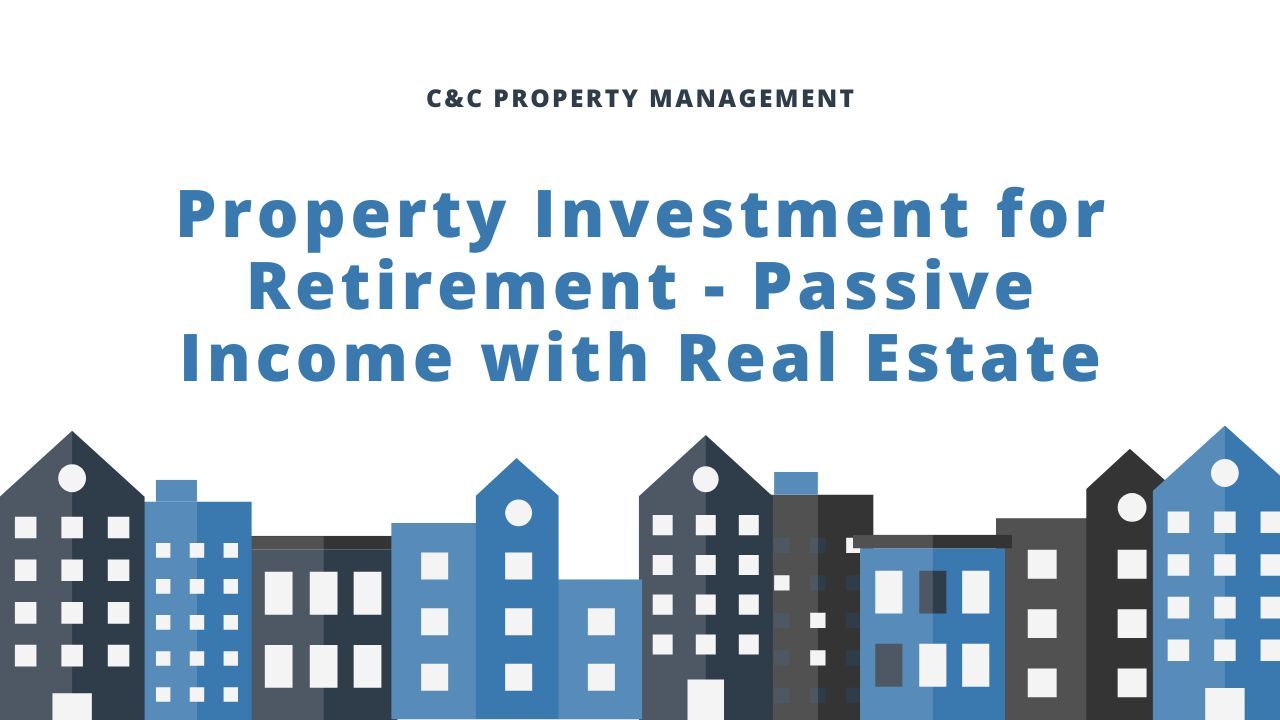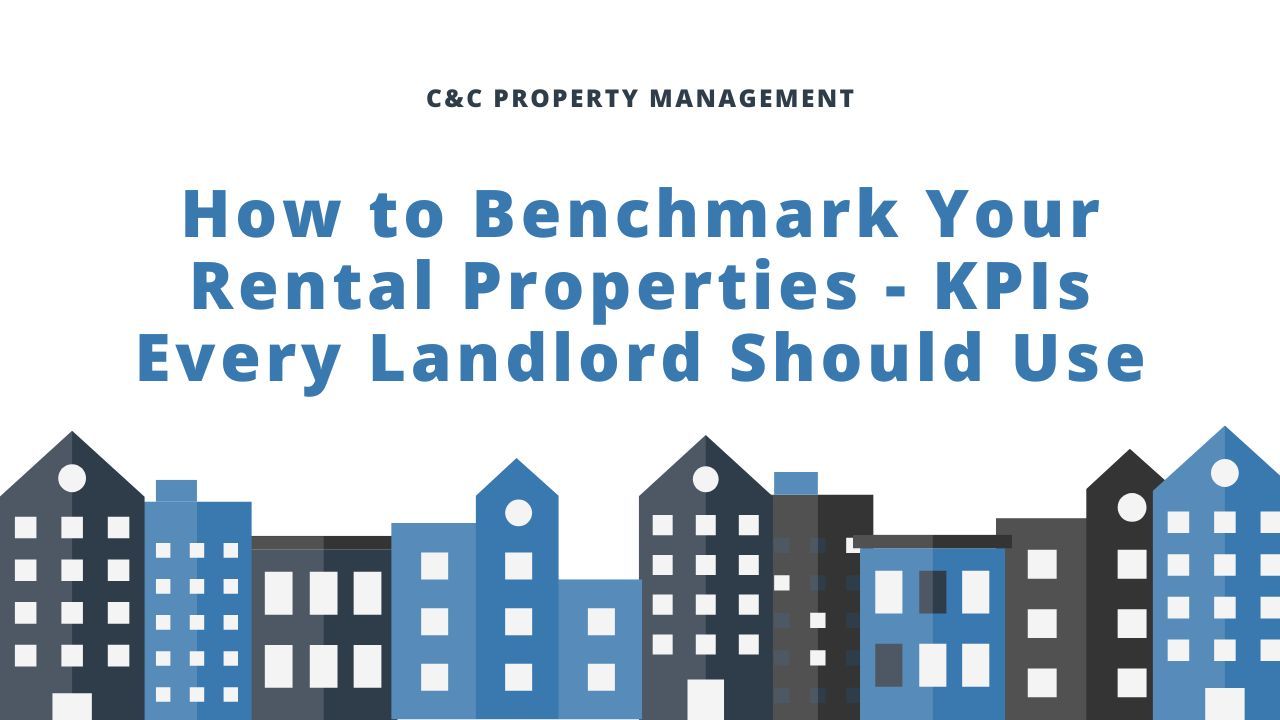8 Things You Should Know about the Fair Housing Act
You are likely to encounter the Fair Housing Act (FHA) while reading about property management for your rental space. Learning about it concerns property owners and renters since it was created to curb discriminatory incidents.
As a landlord, you need to be familiar with this Act as you are required to comply with it. Otherwise, you might be sued or fined for breaking it. Your business reputation could also suffer since the discriminatory incident may be spread. That’s why it is advisable to understand this Act.
Read this article to have a more in-depth take. You can fully prepare yourself for managing your rental space and avoid the losses that can occur from breaking this act or remaining uninformed.
1. What Is the History of the Fair Housing Act?
In 1968, the Fair Housing Act was created to protect the interests of people who want to buy, finance, or rent a home. It encourages fair and equal treatment in the opportunity of owning or renting a property.
Way before the law was enacted, property sellers and landlords would only negotiate with parties they liked, which was unfair to others. Creating the FHA curbed discriminating practices. The FHA was amended in 1988.
2. What Is the Purpose of the Fair Housing Act?
The objective of the Fair Housing Act is to ensure that landlords and real estate sellers will not discriminate against the protected classes when it comes to housing. If housing opportunities are limited to a select few, it creates an imbalance, making the process unfair for other potential buyers and renters.

3. Who Are the Protected Classes Under the Fair Housing Act?
There are seven classes under the FHA protection. It was crafted to reduce discrimination between buyers and renters based on:
- Race.
- Color.
- Sex.
- Religion.
- Disability.
- Familial Status (having children below 18 in a household, including pregnant women.)
- National origin.
4. What Are the Exemptions Under the Fair Housing Act?
Depending on the situation, exemptions may be made under the Fair Housing Act, such as:
- Owner-occupied homes with fewer than four rental units.
- Rented or sold single-family homes with no broker assistance.
- Member-only private clubs or organizations.
- Religious organizations.
5. What Are Discriminatory Practices?
You should know what counts as discriminatory activities when you are a landlord so you can avoid breaking the law. Here is a list of examples that show unfair treatment or discrimination for a person belonging to a protected class:
- You inform a potential resident that your rental space is occupied although it is vacant.
- You won’t adjust your policies to cater to a disabled tenant (ex. Not reserving the closest spot for parking for the handicapped tenant).
- You deny making housing changes at the expense of a disabled renter.
- You won’t approve the application of a visually impaired prospective renter because they have a service dog and you don’t accommodate pets in your rental. (Service dogs assist people with disabilities and are not categorized as pets.)
- You post an ad meant for a preferred group of prospects that are not part of the protected class.
- You hold different criteria of requirements for people belonging to the protected classes when they apply as renters.
- You assign lower-quality rental spaces to people belonging to the protected classes.
- You limit the use of certain amenities for renters under the protected class.

6. How Is the Fair Housing Act Enforced?
All situations covering the Fair Housing Act are assigned to the Department of Housing and Urban Development (HUD). It is mandated to resolve complaints of discriminatory practices under the FHA.
Two strategies are often used by the HUD when they receive a discrimination complaint under the Fair Housing Act. These are the two strategies:
Investigate the Case
The HUD will start the process of investigating a claim of FHA discrimination. The situation will be evaluated and checked if it is true. When the outcome shows a Fair Housing Act violation, the HUD team will implement the right solutions to make sure the FHA is observed.
Start a Test
To determine if discriminatory practices are occurring, HUD may pose as prospective tenants to investigate the claims. Landlords could be identified through in-person or phone interactions. Additionally, advertising materials and property listings may be closely reviewed to assess whether the Fair Housing Act has been violated.
7. What Are the Penalties Under the Fair Housing Act?
Penalties may differ on the grounds of the severity of the discriminatory activity. That’s why fines can vary depending if the violation was simple or if it was done once or repeatedly.
8. How to Observe the Fair Housing Act?
Landlords must learn about the Fair Housing Act and adhere to it to limit any complaints or lawsuits.

Below are key tips you can apply to prevent any FHA discriminatory complaints:
Be consistent during your tenant screening process and apply the same set of standards and requirements.
- Study your marketing ads and review them for the inclusivity of all tenant candidates.
- When interviewing prospective tenants, avoid leading questions related to the protected classes.
- Be respectful in treating tenant candidates even during the tenant screening phase.
- Don’t label service animals as pets.
- Be familiar with other protected classes since some states added several more classes. Remain updated with changes to the FHA.
Bottom Line
Landlords play a critical role in preventing discriminatory practices in housing and must strive to comply with fair housing laws to avoid violations.
This includes reviewing marketing materials to ensure they contain no discriminatory terms or conditions and exercising care during interactions with prospective renters—whether in person, over the phone, or online.
It’s also essential to ask appropriate questions during the tenant screening process and avoid any follow-up inquiries that could be deemed discriminatory.
To help you stay compliant with the Fair Housing Act, C&C Property Management is here to support you. We offer a comprehensive range of professional property management services designed to keep your rental business operating smoothly and successfully.








